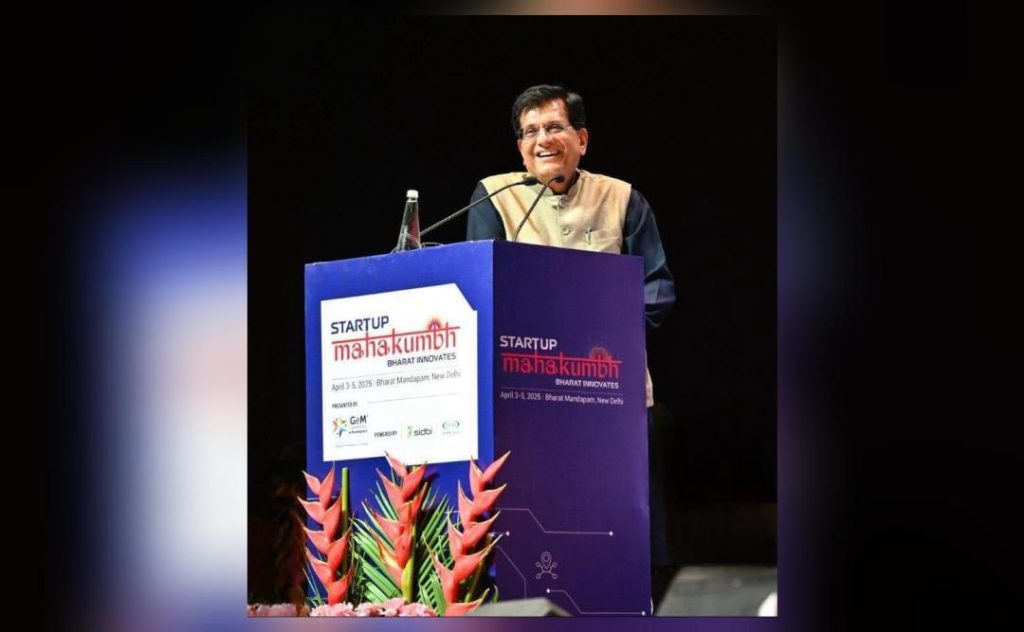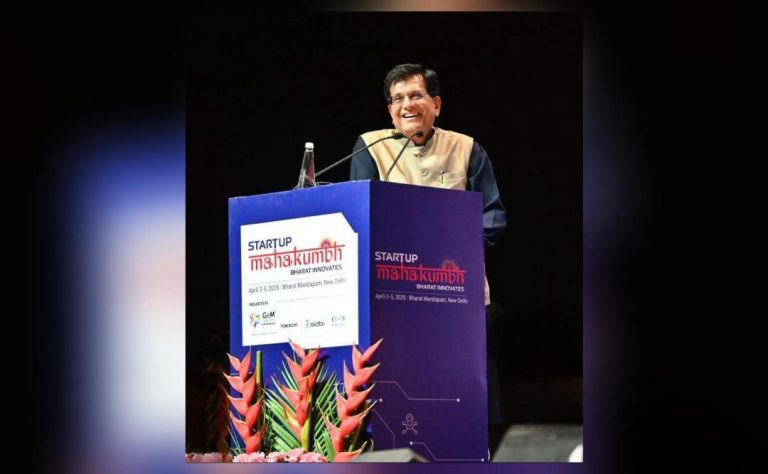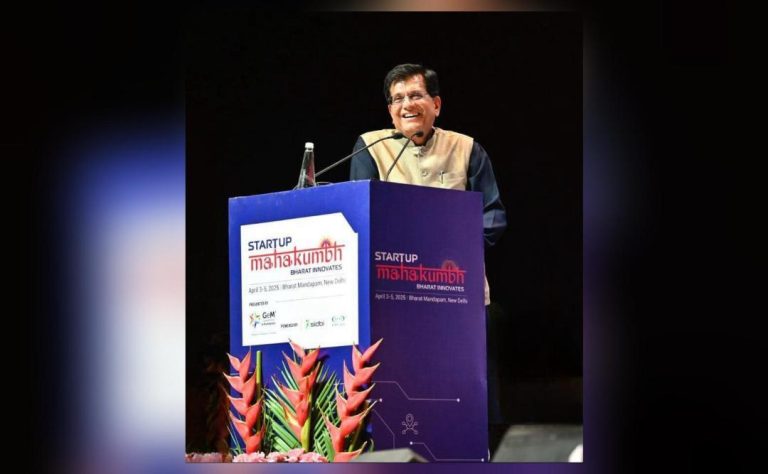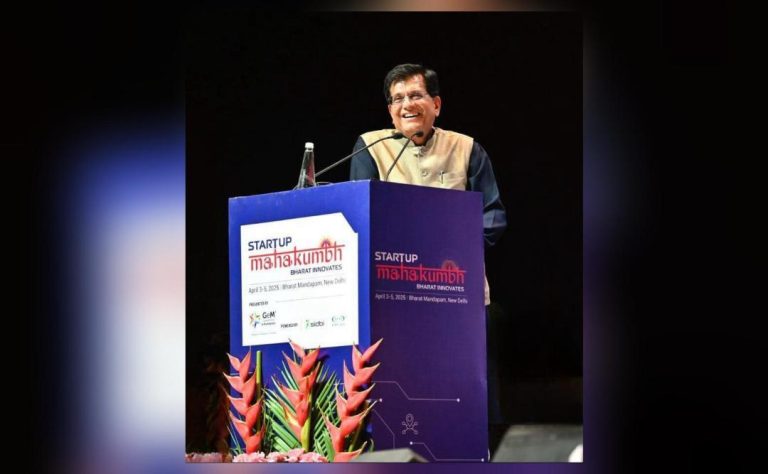
Giving fancy packaging to ice-creams & cookies is not start-up: Piyush Goyal
The definition of a start-up has been a topic of discussion for quite some time now. With the rise of entrepreneurship and innovation, many businesses are trying to label themselves as start-ups to gain a competitive edge. However, Union Minister of Commerce and Industry Piyush Goyal has recently clarified that giving fancy packaging to ice-creams and cookies doesn’t make it a start-up. In a recent address at Startup Mahakumbh 2025, Goyal emphasized that it is entrepreneurship and a business model that truly defines a start-up.
In his address, Goyal also highlighted the pressing need for India to focus on deep-tech start-ups. According to him, only 1,000 start-ups in India’s deep-tech space is a disturbing situation. This is because start-ups in other nations are already focusing on cutting-edge technologies such as Artificial Intelligence (AI) and 3D printing.
Goyal’s statement is a wake-up call for entrepreneurs and policymakers in India. It is essential to recognize that a start-up is not just about throwing together a unique product or service with a fancy logo. A start-up is about creating a sustainable business model that solves a real-world problem, disrupts an existing market, or creates a new one.
In recent years, we have seen a proliferation of businesses that claim to be start-ups, but in reality, they are just small-scale operations with a fancy name. These businesses often lack the innovation, scalability, and sustainability that are hallmarks of a true start-up.
Goyal’s emphasis on deep-tech start-ups is also crucial. Deep-tech start-ups are those that focus on cutting-edge technologies such as AI, blockchain, and cybersecurity. These start-ups have the potential to create significant social and economic impact, and they are likely to be the drivers of growth and innovation in the future.
In contrast, start-ups that focus on indulgent products like fancy packaging for ice-creams and cookies may provide a temporary thrill but are unlikely to have a lasting impact. They may also divert resources away from more important areas, such as healthcare, education, and sustainable energy.
Goyal’s statement is not just a criticism of individual start-ups but also a call to action for the Indian government and policymakers. The government needs to create an ecosystem that encourages and supports deep-tech start-ups, providing them with access to funding, talent, and infrastructure.
In recent years, the Indian government has taken several steps to promote start-ups, including the creation of the Startup India initiative and the launch of the Fund of Funds for Start-ups (FFS). However, more needs to be done to create a supportive ecosystem that encourages entrepreneurship and innovation.
One of the key challenges faced by start-ups in India is the lack of access to funding. While there are several venture capital firms and angel investors in India, they often have limited capacity and focus on specific sectors or technologies. Start-ups need access to a wider range of funding options, including government-backed funds and corporate venture capital.
Another challenge faced by start-ups is the lack of talent. India has a large pool of talented engineers and developers, but many of them are lured away by established companies or opt for more stable careers. Start-ups need to create a more attractive work environment, offering competitive salaries, benefits, and a culture that values innovation and experimentation.
Finally, start-ups need access to infrastructure and support services. This includes coworking spaces, incubators, accelerators, and other resources that can help them scale up quickly. The government and private sector need to come together to create a network of support services that can help start-ups overcome the challenges they face.
In conclusion, Piyush Goyal’s statement is a timely reminder that giving fancy packaging to ice-creams and cookies is not a start-up. A start-up is about creating a sustainable business model that solves real-world problems, disrupts markets, or creates new ones. The Indian government and policymakers need to create an ecosystem that encourages and supports deep-tech start-ups, providing them with access to funding, talent, and infrastructure. Only then can we create a start-up ecosystem that is truly innovative and sustainable.
Source: https://x.com/moneycontrolcom/status/1907795297826378009






